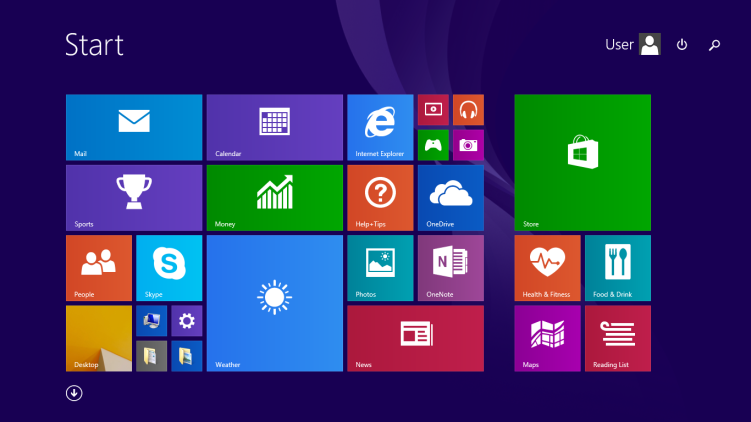This means that users who continue to use Windows 8.1 after January 10, 2023, may be at risk of security vulnerabilities and other issues. Hackers and other cybercriminals may take advantage of any unpatched vulnerabilities in the operating system, potentially putting users' data and systems at risk.
Microsoft recommends that users upgrade to a newer operating system in order to continue receiving security updates and technical support. The company currently offers Windows 10 as its latest operating system, and plans to release Windows 11 in the near future.
Upgrading to a newer operating system can be a significant undertaking, particularly for businesses that rely on legacy software or have complex IT environments. However, it is an essential step in order to ensure the security and stability of your systems.
In addition to the security risks, there are other potential downsides to continuing to use an outdated operating system. As software developers and other technology companies move on to newer operating systems, users may find that some applications or services are no longer compatible with Windows 8.1. This can result in reduced functionality, and may limit users' ability to take advantage of new features and capabilities.
In conclusion, the end of support for Windows 8.1 is a significant event for Microsoft and its users. While it may be tempting to continue using an operating system that has served you well for many years, it is essential to upgrade to a newer system in order to ensure the security and stability of your systems. With the release of Windows 10 and the upcoming release of Windows 11, there are many options available for users who are looking to upgrade their operating system.


0 Comments